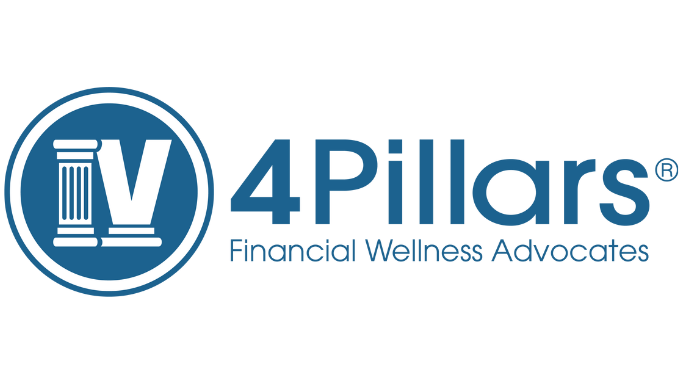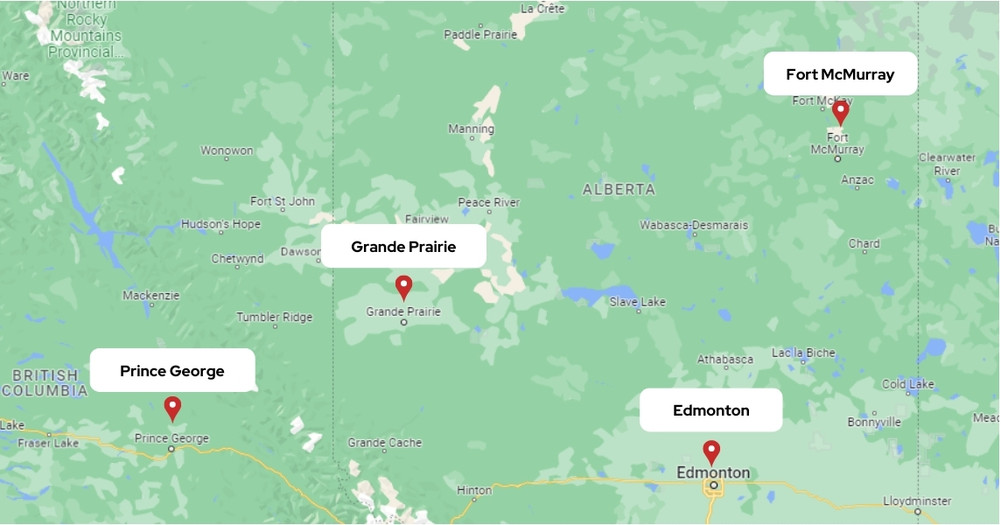Dealing with student debt can be very stressful when you are not aware of your best available options. You can avoid the shame of being labelled a defaulter by using these tips in dealing with student debt.
Communicate with your lender
To avoid defaulting, communicate with your lenders. It’s notoriously difficult to get a student loan modification, but it’s worth inquiring about. Either way, the best thing you can do when your payments start falling behind is to talk to your lender. Communication with lenders can be the key to protecting your credit and managing your finances. If you experience a job change that enables you to return to making payments, let your lenders know. The lenders can then take you through the steps to determine your monthly payments and return your loan status to “in repayment.”
Income-Based Repayment Plan
The income-based repayment plan (IBR), which took effect in 2009, can cap your federal loan payments at a percentage of your income and forgive any debt remaining after 25 years of affordable payments. Forgiveness may come after just 10 years of payments if you are employed in certain public and nonprofit professions. To qualify for IBR, you must be able to demonstrate a financial hardship like job loss, illness, or suffering losses due to a natural disaster.
Debt consolidation
If you’re struggling to keep up with multiple monthly payments, you should look into debt consolidation. Federal student loan holders can apply for a Direct Consolidation Loan, which consolidates your loans into one loan from a single lender and one monthly payment. There’s no application fee and most federal student loans are eligible for consolidation. Private student loan holders aren’t eligible for a Direct Consolidation Loan. As consolidation can offer you up to 30 years to pay off your loans, your new monthly payment could be lower than your current payments. The downside? You’ll likely pay more in interest over the life of the loan and you may lose certain benefits, such as interest rate discounts and cancellation benefits. Because of this, it’s important to weigh the costs and benefits before you consolidate.
Consider deferment or forbearance
If you’re unable to repay your student loans due to economic hardship you may be able to defer your federal loans for up to three years. Deferment is the process of temporarily postponing your student loan payments. Depending on the type of loans you have such as Federal Perkins loans, Direct Subsidized loans, and Subsidized Federal Stafford loans, the federal government may even pay the interest on your loans during deferment. You must submit a request to your lender if you’re interested in deferring your student loans. If you don’t qualify for a deferment you may be eligible for forbearance, which can postpone or reduce your payments for up to 12 months. For instances of illness and financial hardship, your lender decides whether to approve your forbearance. In other cases, you may be eligible for forbearance if you meet certain eligibility requirements. Borrowers must request deferment or forbearance and they must continue to make payments until they’re approved.
Look into loan forgiveness
Through the Public Service Loan Forgiveness program, federal student loan borrowers who work in public service at a qualifying nonprofit or government agency may have their loans forgiven after 10 years of qualifying monthly payments. Borrowers on an income-driven plan can qualify for loan forgiveness if they make qualifying monthly payments for 20 to 25 years.
Don’t fall into the student loan debt trap. Do your research and also get some professional debt consultation. To assist you in this endeavor, get in touch with 4 Pillars and put your debt nightmares to rest.


